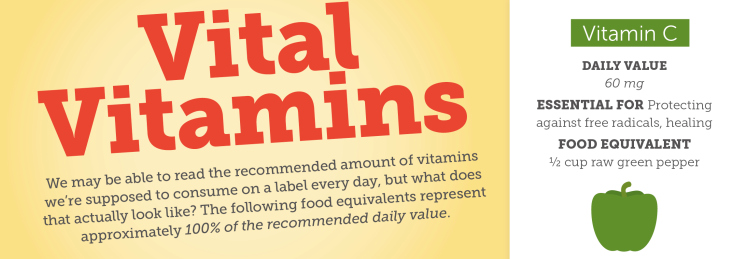Hello, my name is Marcus Seah. I am a 2nd year medical student from Ponya. This is my medical column and the aim is to talk about medical issues, specifically those of public health. Public health issues concern the overall health of people rather than specific diseases and treatments. Dental care is one example. Many of these issues are worth giving a thought about, but are seldom discussed.
This series aims to shed light unto vitamins and alternative medical therapies, presenting readers with a wider perspective of information that are seldom considered. This series is done with information obtained from interviewing Dr Benny K H Tan.
Dr Tan is an Associate Professor at the Department of Pharmacology in Yong Loo Lin School of Medicine, NUS.
He is a medical doctor with research interests in how natural products can be used on cancer cells, blood sugar and lipid levels, and reducing ischemia of organs. He is a member of the Editorial Board of the online journal, Lipids in Health and Disease, and has more than 100 publications in international journals and more than 50 papers presented at international conferences.
He has also previously served as Medical Consultant to Cerebos Pacific Ltd., which sells and does R & D in food and nutritional health products, and to Global Active, manufacturer of health supplements, distributed through GNC outlets.
This essay is part 1/3 of this series.
—
Vitamins and minerals are compounds that your body cannot make, but your body still needs in small amounts for health and growth. You usually get these vitamins and minerals from your foods. Without these vitamins and minerals, you will have some disease or signs of deficiency.
There are 6 vitamins: vitamin A, B, C, D, E, and K. Vitamin B is a little bit special because it’s a complex consisting of B1, B2, B3, B4, B5, B6, B7 (folate), B9, and B12. Whereas, minerals, just to name a few, are sodium, calcium, potassium and magnesium.
Vitamin C is found in citrus fruits; it is used to repair tissues, keep bones and teeth strong, and facilitate the absorption of iron from the diet.
Here’s an infographic to show you what the vitamins do and their sources.
As we all know, vitamins and minerals can be purchased from off the supermarket shelves. They are usually sold as a combination, with the exception of vitamin C. Hence the term “multivitamin pill.” Vitamins [supplements] vary from brand to brand; vitamin “supplements” usually contain vitamins A, B complex, C, D, E, K as well as minerals (selenium zinc, chromium, copper).So if vitamins and minerals are found in our foods, why are they sold on the shelves?
Who needs them?
Everyone thinks that they need it as they get older, but who really needs vitamins and mineral supplements?
Dr Tan summarises the people who fall into the following categories:
- Pregnant women
- Growing children
- Teens
- Seniors
- Vegetarians
- People on diet by choice or because they have a disease such as diabetes that restricts their food intake
- People with certain genetic disorders
- Busy people with unbalanced food choices
So you can see, the people who require these supplements are usually those who have an increased need for such stuff (pregnant women, children and teens), or because they are predisposed to a lack of these vitamins and minerals.
Seniors are on the list because, due to poor dentition and poor appetite, they take simple carbohydrate meals that are easy to cook, like porridge, but lack a variety of vitamins and minerals. Diabetic patients, too, because of the need to control their sugar intake, may not take sufficient fruits and hence lose out on fibres, as well as vitamins, A, C and K in their diet. Busy working professionals who eat fast or processed food regularly because of time constraints are also at risk of lacking these vital nutrients.
Do I need them?
If you are eating a healthy diet balancing fruits, vegetables, protein, and carbohydrates in appropriate proportions, and you are not in the list above, then it is not essential for you to take vitamin and mineral supplements.
To cut the long story short, we need vitamins and minerals for our survival. However, there might be some exaggeration by the supplement industry to convince us of their need. Mainly, if you are eating adequately and do not show signs of deficiencies, you are more of less good without extra supplements. After all, they are meant to supplement you.
—
About the Author
Marcus is a 2nd year Ponyan from Tembusu. In his free time, he studies medicine.







